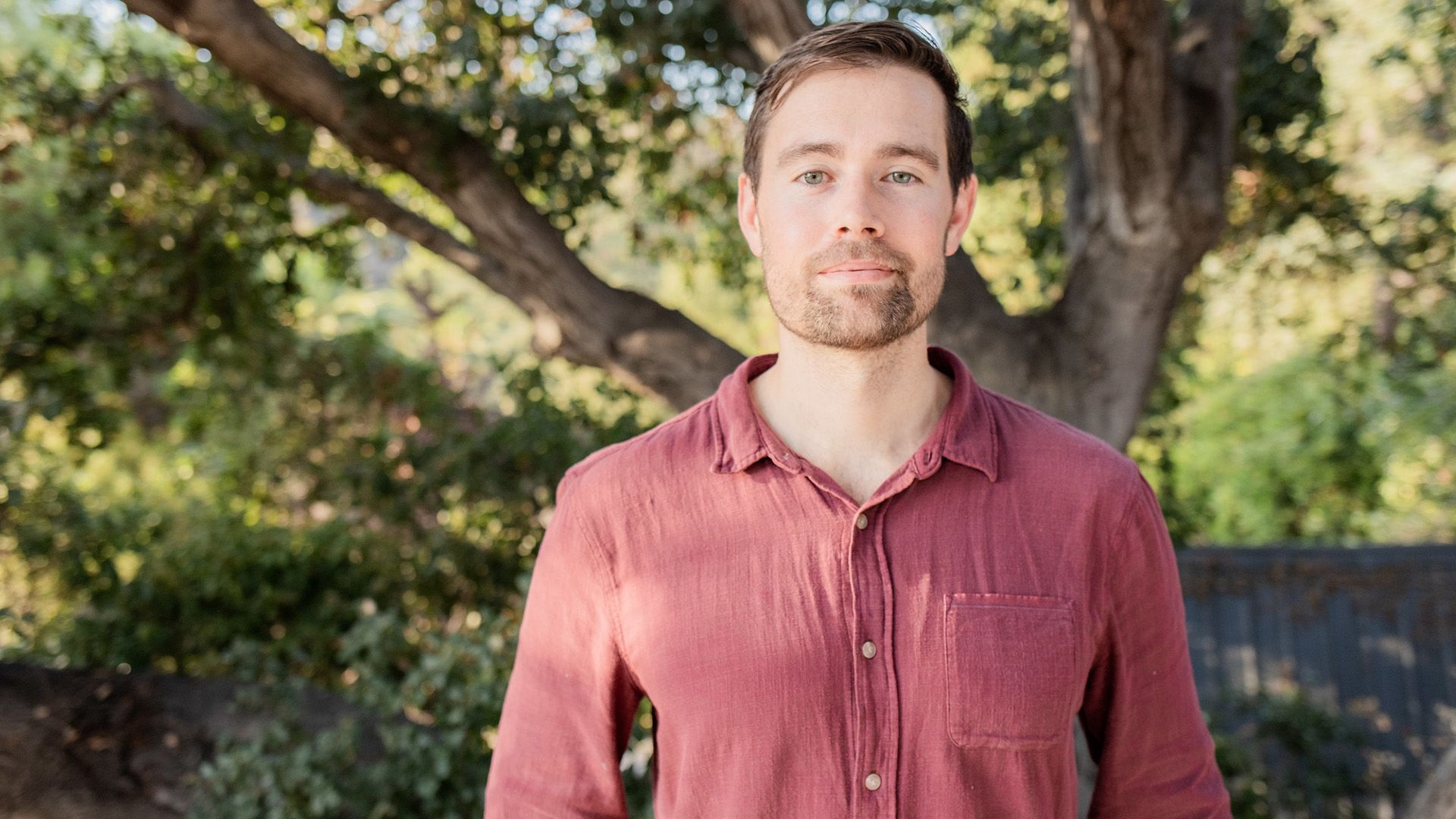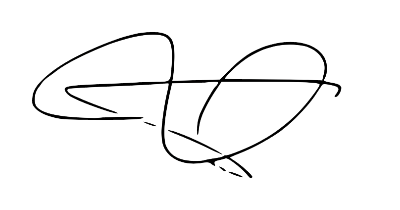Commusings: Brain Immunity Changes Who You Are by Dr. Austin Perlmutter
May 27, 2023
Dear Commune Community,
Today, I share with you a God-awful dad joke that likely only functional medicine doctors will find remotely humorous.
A neurologist, a cardiologist, a gastroenterologist and a functional medicine doctor go to Nobu for dinner. The conversation is as copious as the sushi and teriyaki. After the last piece of unagi is snatched up, the dutiful waiter brings the check.
Instantaneously, the neurologist, the cardiologist and the gastroenterologist all simultaneously exclaim, “I’ll get the bill!”
The functional medicine doctor rejoins, “let’s all split it four ways.”
This is not because the functional medicine doctor is cheap. It’s because the neurologist, the cardiologist and the gastroenterologist all believe that they are the boss. And paying for the check is what bosses do (take it from me).
The neurologist considers the brain as “the boss” of the body. It’s the control center, he argues. The body wouldn’t know to breathe or digest or move without the nervous system. Of course, it’s the boss!
The cardiologist argues that the heart is omnipotent. Without the heart, blood wouldn’t be pumped through the arteries and oxygen wouldn’t reach the cells. So, no energy could be made and you’d die. Of course, the heart is the boss!
The gastroenterologist makes a case for the gut. Without the gut, nutrients would never enter the bloodstream and power the body. The gut provides the calories. And it came first evolutionarily! Of course, the gut is the boss!
If the endocrinologist hadn’t gotten stuck in horrible traffic and missed dinner, he would have made an argument for hormones. The gut wouldn’t receive any nourishment without ghrelin telling the brain it was hungry.
And, of course, this repartee could keep playing out for some time.
The functional medicine doctor understands the architecture of nature in which there is no boss. Obviously, the brain, the heart, the gut (and every other major organ) are reliant on each other. They are mutually interdependent.
In the end, they divide the check evenly.
Dr. Austin Perlmutter is a special breed of physician. He embraces “whole systems thinking.” You cannot separate mind from body or gut from brain. Nor can you separate the mind-body from its environment. When we approach health from a systems biology perspective, we can begin to understand roots causes instead of incessantly treating symptoms that present in one isolated organ. We’re incredibly fortunate to be working with Austin alongside the founder of the Functional Medicine movement, Dr. Jeffrey Bland, in their new Commune course Immunity Reimagined.
Here at [email protected] and dad-joking on IG @jeffkrasno.
In love, include me,
Jeff

• • •
Brain Immunity Changes Who You Are
By Dr. Austin Perlmutter
On a typical day, I’m up at 6 AM to jump into meditation, care for the dog, and then a cup of black coffee. By about 7, I’m revved up and ready for the gym, a podcast, and the anticipatory excitement of 16 fresh hours of consciousness. But all that changes when I’m sick.
Then, I’m tired, antisocial and unmotivated. Most of us accept this is just what happens when our body is fighting off a bug. But in truth, this seemingly normal effect of illness on our brains is an incredible portal to understanding immunity and ourselves.
With each passing moment, your brain transfers signals through a network of billions of neurons at speeds of over 100 miles per hour. The identity you call “myself” is an emergent outgrowth of this delicate web of data storage and activation, and it changes moment to moment based on the state of the systems that act on your brain cells. One of the most powerful of these systems is immunity, where even minor perturbations may have important ripple effects on your core brain wiring, altering every aspect of your brain function.
For many people today, there’s an incorrect perception that the immune system and the brain don’t speak. In fact, this theme persisted in scientific circles up until very recently. We’ll often discuss the most popular problem with immunity – inflammation – as something that troubles our joints, our skin or our gut, while ignoring the question of inflammation (or more generally, immunity) in the brain. But fully 10% of our brain cells are immune cells called “microglia.” It’s now clear that what happens in the body’s immune system is anything but separate from what happens in the brain’s immune system.
What happens to us when we’re sick is one of the most obvious examples of the immune-brain state connection. We accept that we feel fatigued when ill. We accept that sick hospitalized patients can become delirious. But we don’t ask the how. And the how in this case may very well be the immune system. Understanding the way this works opens up a door to the operating system that makes us each unique.
Many have wondered why people fever when ill. The answer is generally straightforward: our body elevates our temperature to make our inner climate less hospitable to the invading microbe. Something akin to the heat-fueled exorcism at the end of Stranger Things season 2, but the monster from the upside-down is instead a bunch of bacteria.
But the how here is even more interesting. The temperature setpoint in our bodies is housed in our brains in a region called the hypothalamus. In order to increase your temperature to generate a fever, your brain has to be aware of an infection in your body. Somehow, immune molecules from the bloodstream have to speak to the brain. And if infections can speak to our brain’s temperature center through the immune system, is it possible that our body’s immune state can also alter other aspects of our brain function? Very much so.
Over the last decades, research geared towards the treatment of conditions like hepatitis and cancers led to injecting people with potent immune-active molecules called interferons. These molecules were found to have beneficial effects on people with existing diseases, yet they carried high rates of side effects. Of particular note, people given the drugs experienced symptoms of depression, fever, fatigue, and general malaise. This provided early proof that an immune-active molecule delivered into the bloodstream could induce brain effects—and that the brain and body were anything but separate when it came to immunity. It has since helped build the understanding that elevated inflammation in our bodies may predispose certain people to the development of depression.
The science showing that immunity changes our thoughts, energy levels, and how we feel is far from integrated into common knowledge. Part of the reason is the trouble many of us (including myself!) have with reconciling the idea that our brains are built of environmentally sensitive cells, and that how we think, act, and feel is a direct reflection of these cells. It’s much easier to hold onto the idea that our identity is stable or somehow separate from our brain biology. Yet research across a wide span of scientific disciplines shows us that immune activation in our brains may alter the health of our neurons, how they work and wire themselves, and the overall size and health of our brains. Here’s a brief list of this compelling work:
- Brain immune state (elevated inflammation) predicts risk for Alzheimer’s Disease
- Brain immune state (elevated inflammation) predicts risk for depression
- Brain immune state (elevated inflammation) may be involved in PTSD
- Brain immune state may predict patterns of decision-making
- Brain immune state may be key to how and why we sleep
- Drugs including SSRIs and psychedelics as well as foods may exert brain effects in part through the immune system
Of course, it’s easy to look at all this, villainize inflammation, and presume that the only takeaway is that managing chronic inflammation is a key to good preventive brain health. This is true. But let’s go back to the idea of how you feel when you’re sick. Your antisocial, low mood, low energy behavior isn’t the result of decades of chronic inflammation. This is acute. It’s evidence that your day-to-day immune state is in flux, and that it’s changing your brain state along with it. Even when you’re not sick, your brain’s immune state is altering who you are, affecting processes like the creation of neurotransmitters (including serotonin) as well as neuroplasticity (the rewiring of your brain).
At the very least, I hope this science is enough to get you thinking. I feel this evidence is more than enough reason to prioritize daily strategies to keep your immune system in balance. But beyond this, consider that millions of people around the world are suffering from immune diseases like autoimmunity and long-COVID, each with well-established elevated risks for brain symptoms.
Immunity is so much more than a basic defense system against microbes—it’s a master system that fine-tunes your brain and tells your neurons (that otherwise spend their lives in a dark box) what is happening in the outside world, and how they should respond.
Who you are, how you think, what you care about and how you feel each day is in part a manifestation of your brain’s immune system, including the state of your microglial cells, molecules like interferons and so much more. So next time you, or someone else is sick and you’re wondering why you feel feverish, fatigued, low mood, or socially withdrawn, realize that you likely have your immunity to thank for doing its job.
Dr. Austin Perlmutter is a board-certified internal medicine physician and a bestselling author, researcher, educator and investor in the health and wellness space. He received his medical degree from the University of Miami, and completed his internal medicine residency at Oregon Health and Science University. His focus is on helping identify and resolve the biological basis for “stuckness” in the body and brain using lifestyle interventions, and he lectures internationally on this subject.
Leading teachers, life-changing courses...
Your path to a happier, healthier life
Get access to our library of over 100 courses on health and nutrition, spirituality, creativity, breathwork and meditation, relationships, personal growth, sustainability, social impact and leadership.
Stay connected with Commune
Receive our weekly Commusings newsletter + free course announcements!


